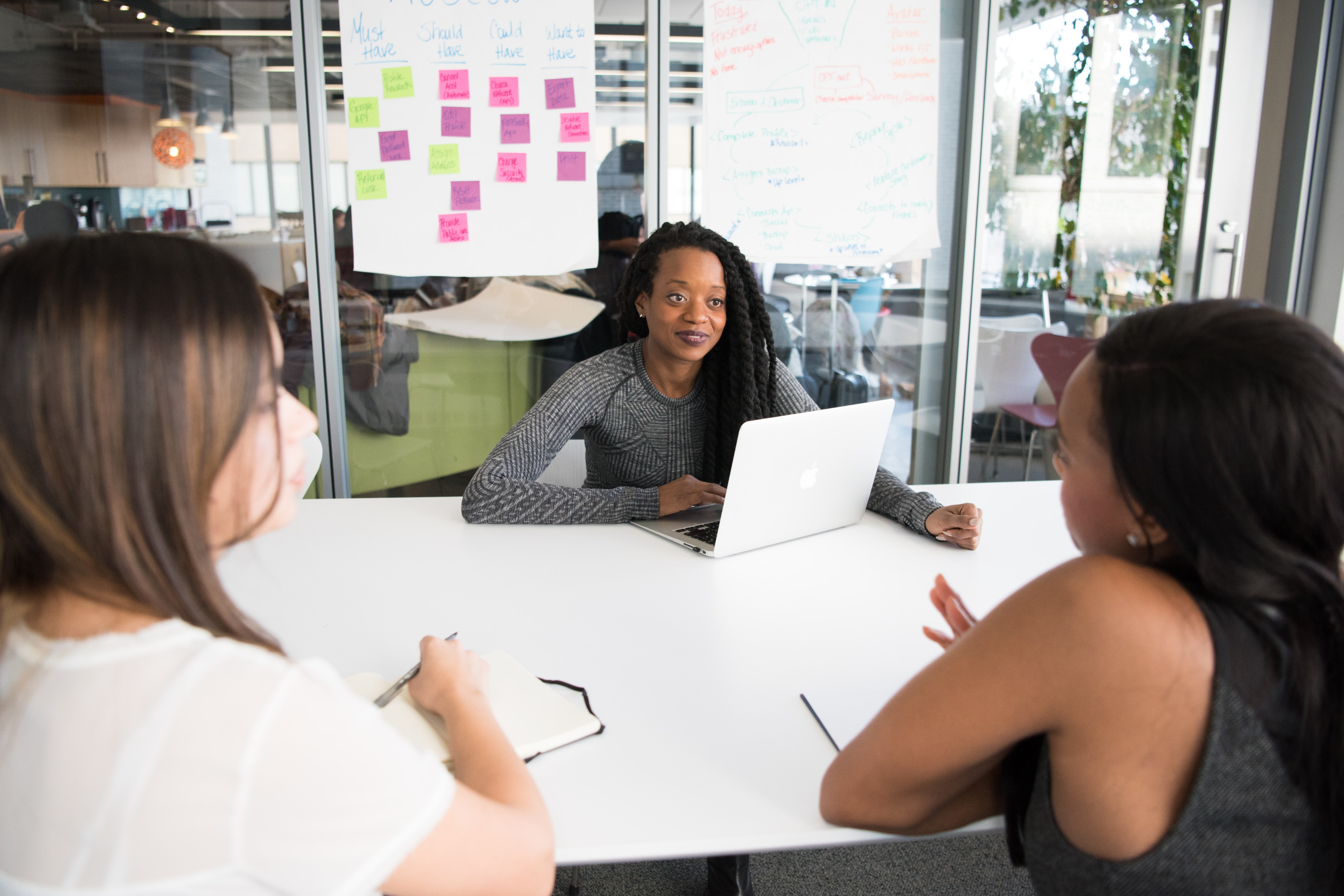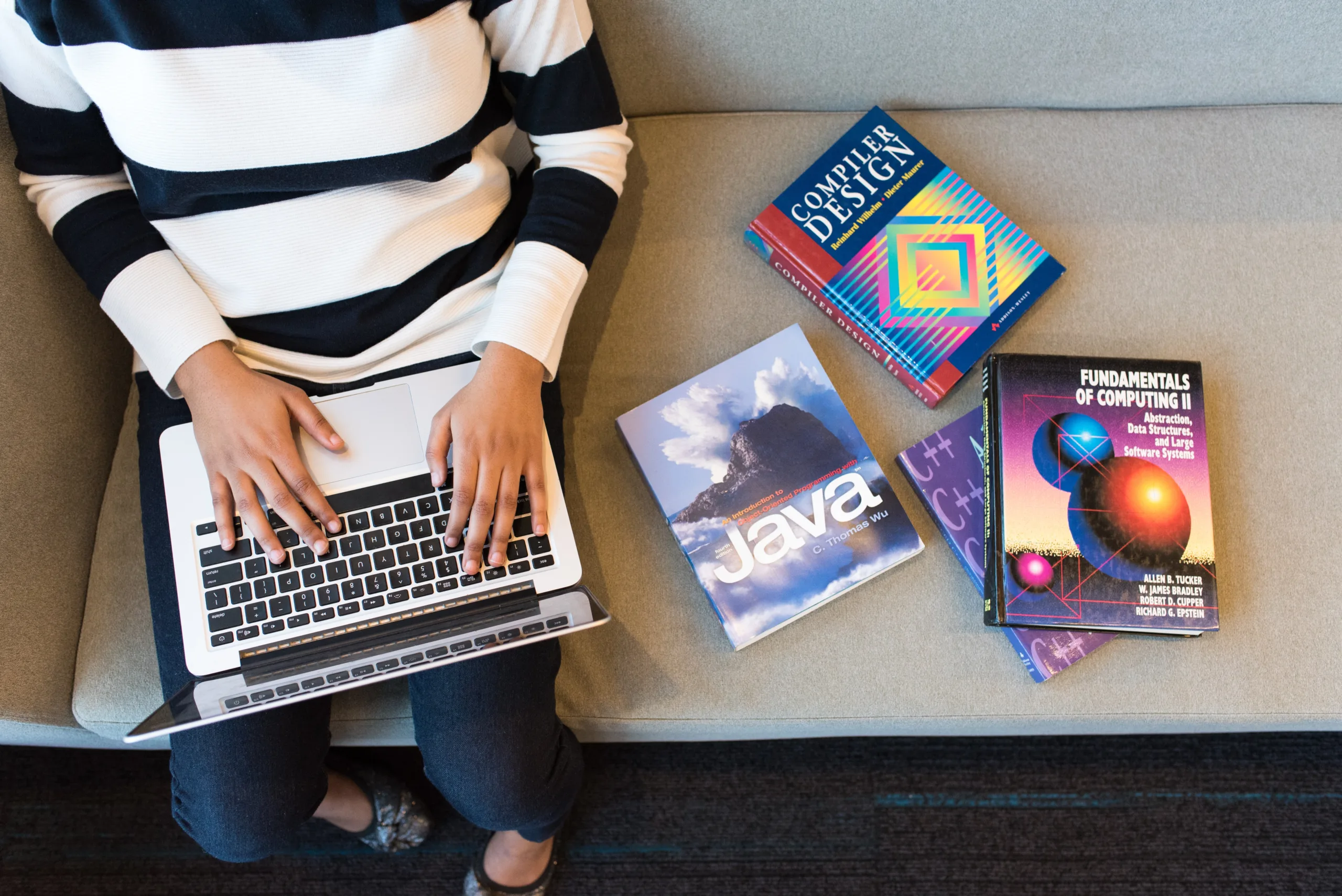The COVID-19 pandemic disrupted the way we work in unprecedented ways, both positively and negatively. While many employees attained new flexibility to work from home, and others exercised new leverage to pursue beneficial career shifts, many others experienced significant difficulties, like record high rates of burnout, layoffs, and rising cost of living. Educational attainment patterns have also shifted, with lower levels of post-secondary enrollment and higher levels of dropout changing the outlook for future workforce qualifications. For employers, these trends are increasing pressure to evaluate strategies and investments that affect the education, training, and retention of their current and future employees.
To better understand the sentiments and priorities of purpose-driven professionals, individuals who are often at the vanguard of social impact and innovation, NationSwell partnered with Lydia Loizides, President of Talentedly. Together we surveyed the NationSwell Council, a diverse community of individual changemakers, to learn more about their unique perspective on the evolving demands of the talent pipeline in the United States. This report provides findings from that survey.
Specifically, it explores three themes that emerged from eight major findings:
Educating the future workforce
- Social impact professionals say the educational and job training ecosystems are in need of reform to better prepare young people for success in the workforce
- Social impact professionals aren’t ready to do away with post-secondary education as a credentialing system
- Social impact professionals want companies to be more directly involved in the education and training of the workforce, including during their post-secondary years
- In their desire for a more prepared workforce, social impact professionals say soft skills are the most important
Hiring and recruiting talent
- DEIB remains a top priority for social impact professionals, particularly as it pertains to recruiting and retention, but actions are lagging behind intentions
- A majority of social impact professionals are aware of organizational plans to change hiring and recruitment strategies in the next 12 months, identifying a range of modest to bold efforts to increase candidate diversity
Retaining and engaging employees
- To keep employees satisfied and engaged, organizations have been focused on improving communications from senior leadership and promoting remote/hybrid workplace flexibility.
- Social impact professionals are keen on increased compensation and stronger communications around professional advancement as key to strengthening employees’ job commitment in the next 12 months.




